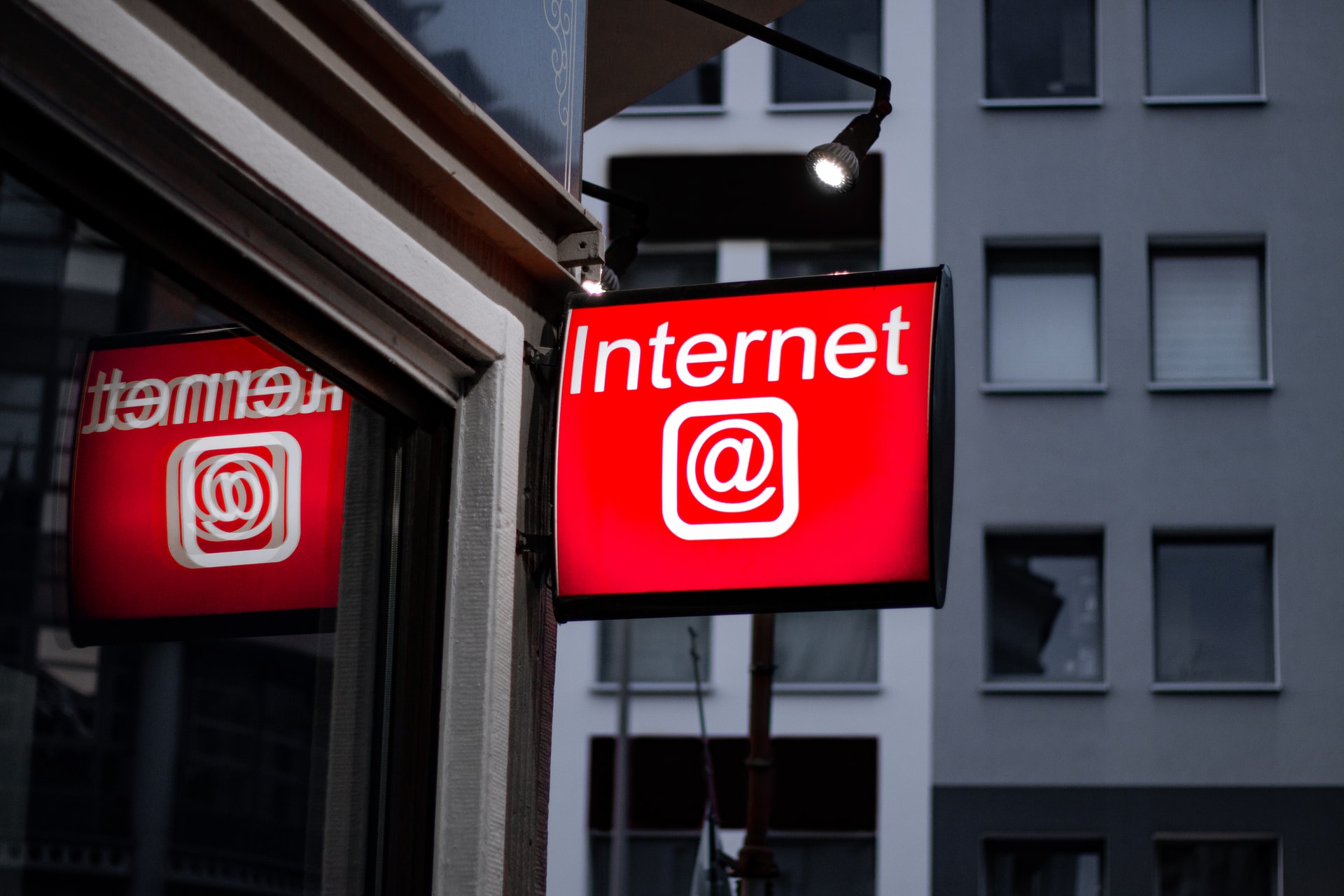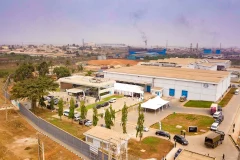Africa’s leaders say they want high standards of living, educated citizens, and a quality of life underpinned by science, technology, and innovation. Then they suffocate the continent’s $180 billion internet economy, when it suits them, to maintain political power.
It has been 560 days since Ethiopia blocked access to the internet in the Tigray region after prime minister Abiy Ahmed ordered a military offensive on the breakaway region in November 2020. Per data from digital rights advocacy group Access Now, Abiy’s government now holds the record for the second-longest internet shutdown in the world after the 2,026-day-long shutdown in the former Federally Administered Tribal Area (FATA) of Pakistan.
Data compiled for the report shows that, in Africa, internet shutdowns have more than doubled between 2020 and 2021, from 12 reported service disruptions to 25, respectively. This is happening at the same time that African governments, private companies, and global agencies are pushing to increase internet penetration on the continent where only 43% of people have access to the internet and even less use it consistently due to cost and infrastructure constraints. When internet access is restricted in Africa, everyone who is part of her fast-growing internet economy—online vendors who make their living from selling consumer items on Instagram, banks that rely on the internet to facilitate payments, schools and research institutions, and, perhaps most importantly, personal communication, political opposition, and media access—is affected.
Africa’s internet shutdowns are mostly political
As University of Toronto PhD student and researcher Moses Karanja tweeted in April 2018, “Nothing scares dictators more like protests. Almost all internet shutdowns in Africa, for the last 5 years, have been because of protests—real or imagined.”
Lisa Garbe, a doctoral researcher at the University of St Gallen, and currently a visiting researcher at the Hertie School of Governance in Berlin, wrote: “These shutdowns usually occur during times of political contestation, such as violent protest or elections. In spring 2019, for instance, the Sudanese government blocked access to mobile internet altogether amid increasing anti-government protests in Khartoum. Similarly, in Zimbabwe, in January 2019, the government blocked internet access in response to increasing protests against rising fuel prices in the country. Shutdowns appear to have become the new normal, and governments that refrain from using them are applauded when they announce to stay connected.”
What happens when African governments cut the internet in their countries?
African nations lost a combined $2.399 billion in 2019 due to internet shutdowns, according to data collected by Top10VPN, which was based on a Cost of Internet Shutdown tool developed by Netblocks, a global internet monitor. Sudanese authorities’ decision to block the internet for a combined 185 days cost the country an estimated $1.9 billion in 2019, roughly 7.3% of its 2020 GDP and almost 80% of the total economic cost African economies suffered for restricting internet access in the same year.
In 2020, with a pandemic in full swing and people and services moving online, internet shutdowns dipped, but they still cost Africa an estimated $178.1 million, even as pandemic-related measures forced the continent’s GDP to contract by 2.1%.
But Africans are not only feeling the cost of internet shutdowns in their pockets. As technology makes inroads to African agriculture and digital tools enable better farming for the continent’s smallholder farmers, reliable access to the internet becomes increasingly tied to food security.
For the general population, network shutdowns, especially shutdowns that happen on the eve of important national events like elections, undermine claims to democracy. Elections during which internet access has been restricted have been shown to suffer from more instances of electoral malpractice.
In some cases, cutting the internet to stifle mass protests has had the opposite effect. In 2019, while speaking at a Tunis event on the sidelines of the RightsCon Summit, an annual digital rights conference, Anriette Esterhuysen, a computer networking pioneer and rights activist, described internet shutdowns as a blunt instrument. Her description is apt because it captures how network shutdowns have repercussions beyond what the government may have intended.
For example, in 2011, the Egyptian government cut internet access, ostensibly to prevent people from coordinating protests through social media and discourage people from coming out since they wouldn’t know where to meet. The strategy backfired. Instead of mobilising at central locations, people simply protested anywhere and everywhere in Cairo.
The continent already struggles with poor and often expensive connectivity. Only about 4 out of 10 Africans can use the internet (definite usage numbers are unclear). Despite the odd speech to the contrary, African leaders show to investors and entrepreneurs where their true priorities lie when they shut down the internet and stifle inclusive digital growth.
Editor’s note: This piece has been updated to correctly state the length of Ethiopia’s Tigrayan internet shutdown. We had initially reported 920 days.





















